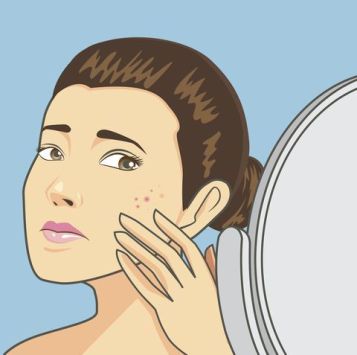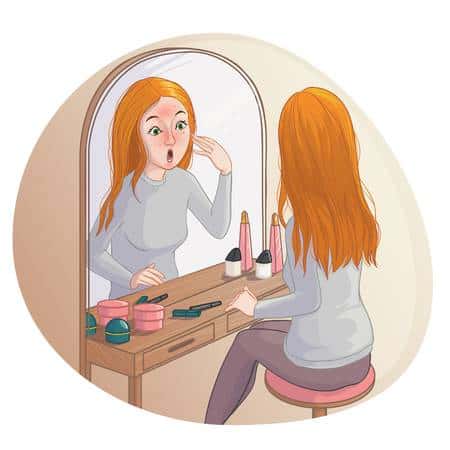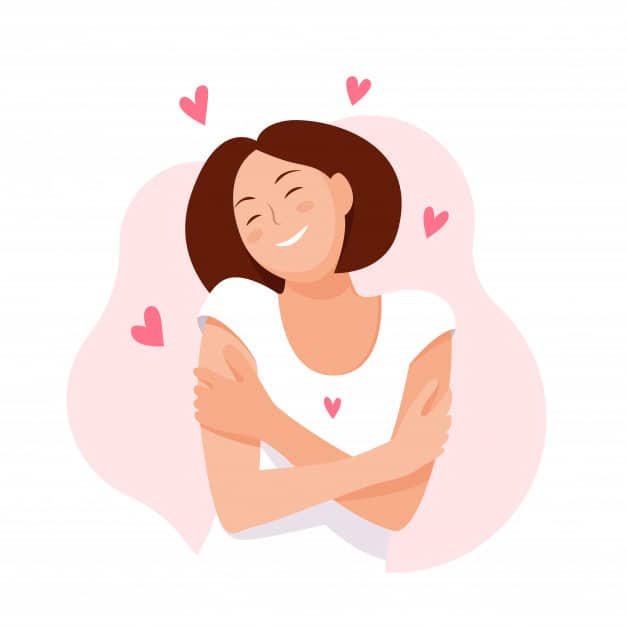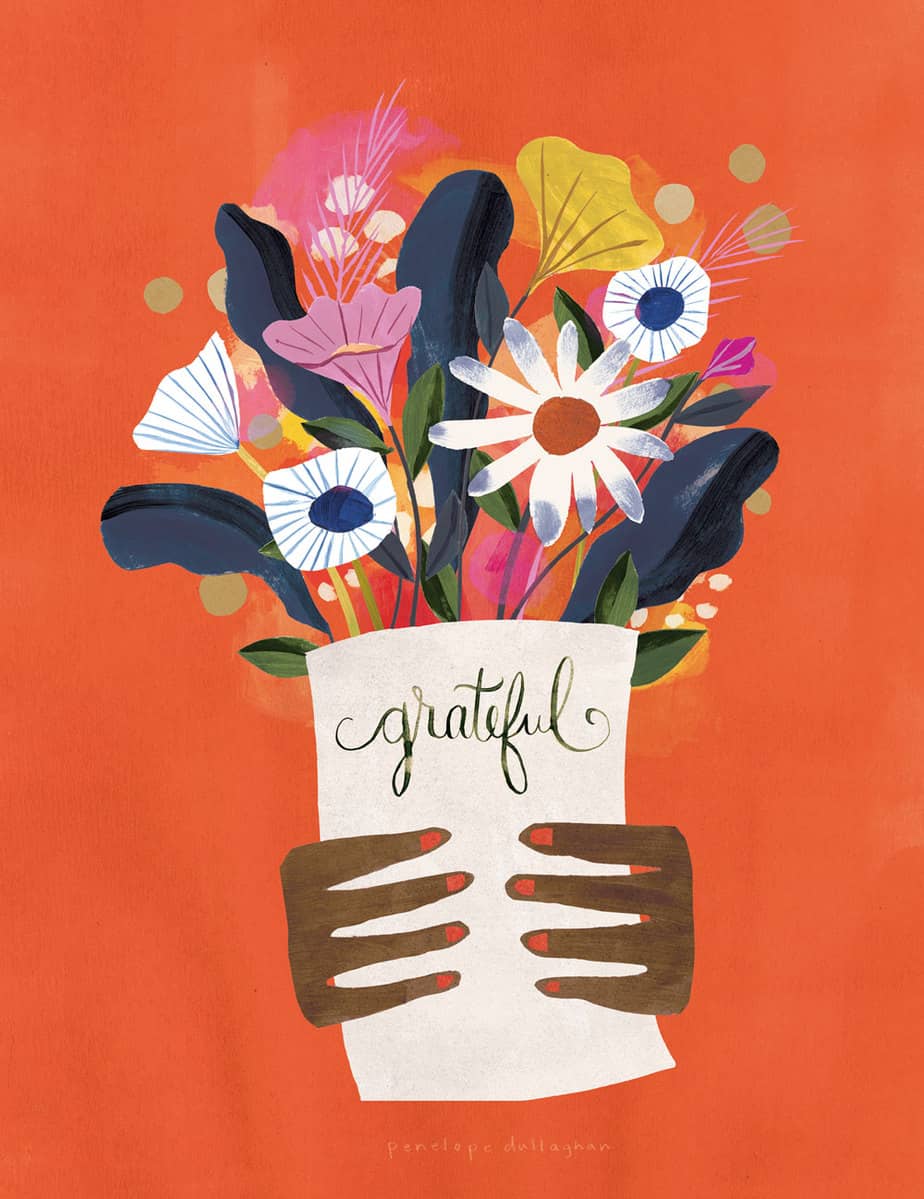In 2016, the number of people estimated to be suffering from mental health issues like depression and anxiety amounted to roughly 1.1 billion. Since then, numbers have likely continued to rise. Moreover, studies have also shown women especially on average are a) more likely to suffer from mental health issues, and b) less likely to talk about them. The taboo in Pakistan surrounding depression and anxiety disorders only serve to aggravate the individuals suffering even more. For the women who cannot seek out full time therapy, or simply need advice about their problems, we’ve enlisted the help of a trained counsellor. You sent us in your questions – here are the answers!

‘I am very insecure about my acne and have never been comfortable with it. I am socially awkward even though I want to talk to people, I just have this fear of rejection and that I will bore people or they’ll make fun of me. My sister on the other hand is the most popular person in our family. She is talkative, gorgeous, outgoing – she has everything. This literally drops my self-esteem to zero. Whenever we have to go out I never look good and this just breaks me. All I wish is that I was pretty and wasn’t socially awkward. I wish I was more like my sister and most importantly, I wish people would like me for once and compliment me. But they don’t.’

Shahrukh’s Response:
Dear Anon,
I imagine that it must be incredibly tough carrying the weight of all those expectations; how you’re “supposed to” look, act or even just be. What I’m gathering from your message is not your relationship with society or anything around you, but rather your relationship with the person you are, or the way you look. Let’s see if we can help you find a path towards a better relationship with yourself, your body and by extension, the world around you.
“This is how I’m supposed to be.”
I hear this a lot in different contexts. Mostly when it comes to appearances and personality traits. With the era of photoshop, filters and a stream of endless photographs on Instagram, there is now another added dimension to the issue of body image and self-acceptance. It’s awful because most people end up hating their own bodies and flooding their minds with this idea of perfectionism. They have grown to enforce impossible standards of beauty onto themselves and chained it to their sense of self-worth. The chain of thought goes something like this: “If I’m thinner, they will like me better. I will be happy once I’m thin.” Having such a conditional relationship with your body, or in your case: your skin or parts of your personality, will fuel this endless loop of constant conditions in order for you to feel good about yourself.

YOU define yourself.
Anon, one thing I’ve come to see is how others tend to define themselves through their appearances, or how society views them. You have more power than you realize. The only person on this Earth who knows you, is you. The bumps on your skin are there, but do they really define you? You are more than your skin, you are more than the words people say to you.
Self-Love
The term self-love is thrown around a lot nowadays, and while people hear it, it’s important to understand what it really means. The definition that always stuck out to me was “unconditional love for yourself – in the face of shortcomings, adversity – and giving yourself a break.” This means saying no to comparisons with those surrounding you – with your sister – and anyone else around you. The important thing to recognise is your own individuality, and that you’re enough as a person. Being aware of this concept and actually practicing it can be a very powerful thing. It is an excellent foundation for building a loving relationship not just with ourselves, but those around us as well. Having that unconditional relationship with yourself can pave the way for others to do the same.

Self-Love in Practice
There are several things you can do for yourself. It’s important to know that self-love doesn’t happen overnight, but I would encourage you to be as regular as you can and take out a small amount of time in your day to treat yourself better.
- At the start of your day, go to a mirror, look at yourself and say something positive to yourself. Repeat it a few times (preferably till the point where you’re smiling!)
- Meditate and repeat positive mantras; “I am enough. I am strong. I am capable. I am worthy of love. I deserve compassion.”
- End the comparison game! You are your own person, on your own journey – and remember one very, very important thing: there is only ONE of you. That in itself is special.
- Make note of your accomplishments, no matter how big or small.

- Spend some time exploring a hobby of yours, or anything that makes you feel happy or good.
- Be proud of one thing you did today. Really, it could be as simple as you getting out of bed and taking a shower. CELEBRATE YOURSELF!
- Create a circle of positivity. Surround yourself with those who bring you up, celebrate you and who bring out the best in you.
- In the face of shortcomings, be kind to yourself.
- Give yourself a break from social media.
- Focus on your goals and figure out how you would like to achieve them!
- End your day with something you appreciated today – something(s) that you are grateful for.

Anon, living in fear of rejection often comes from our inability to accept ourselves, and thereby giving others the power to define our worth and the way we need to be. I know it is extremely tough to have those voices in your head telling you that you need to change. I hear you. But I can tell you that the moment your relationship with yourself gets better, it will impact your relationships with others for the better too. Focus on you and know that you are enough. The only person who you need to be enough for is yourself. I wish you all the best on your journey toward self-love, acceptance and healing. Good luck!
P.S. In regards to social awkwardness and anxiety, I would encourage you to read one of our previous articles: “I am scared of talking to people. Small things make me angry…” and “I have severe social anxiety overwhelming feeling of fear.”

The above article is written by Shahrukh Shahbaz Malik who is trained in humanistic integrative counselling at CPDD in the UK and currently has her own private practice in Karachi. The views expressed in this article are those of one expert. They do not necessarily represent the views of Mashion, nor do they represent the complete picture of the topic at hand. This article is for informational purposes only and is not a substitute for medical diagnosis or treatment.








What do you think?
You must be logged in to post a comment.